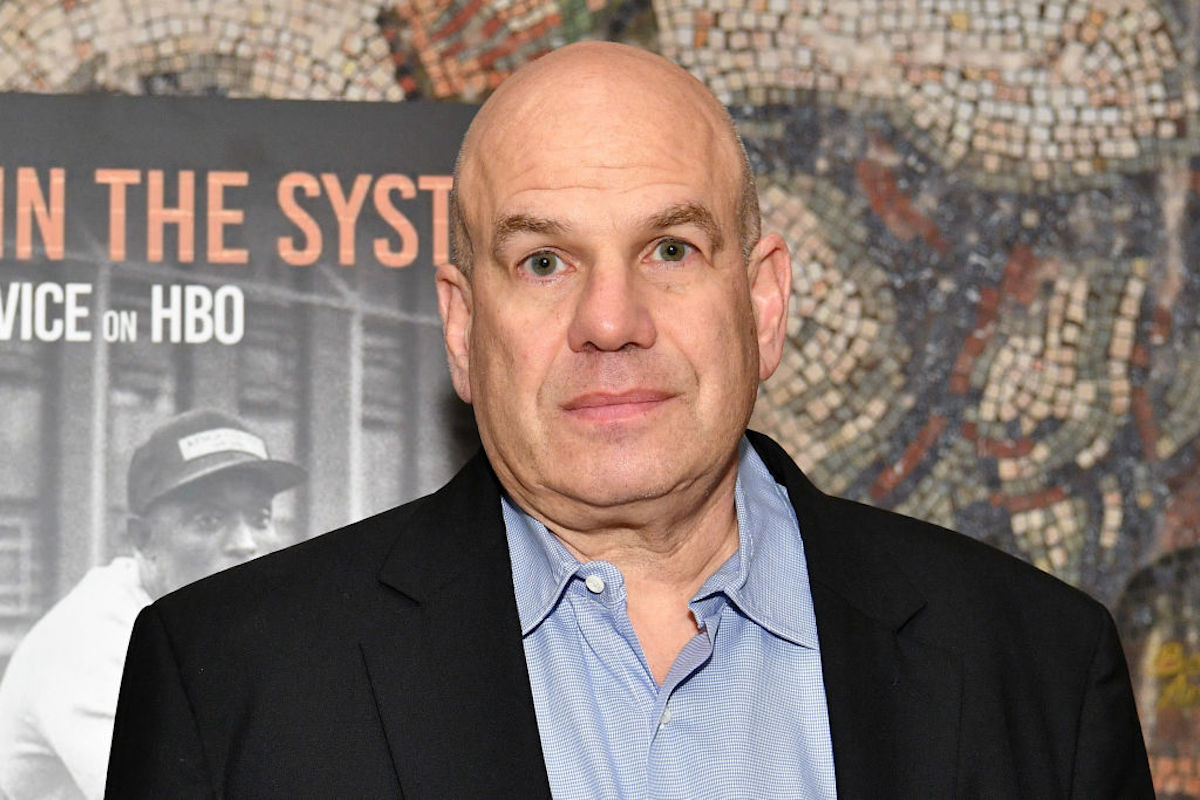TV writers have been striking for almost two weeks after the Alliance of Motion Picture and Television Producers failed to meet the Writers Guild of America’s demands for higher pay and better working conditions. Now, speaking to More Perfect Union from the picket line, writer and creator of The Wire David Simon breaks down why writing for a TV series is more than just coming up with a story idea and walking away.
The issues facing TV writers feed into common misconceptions about writers in general. Far too many people think that writing is quick and easy, that a story can be fully fleshed out in a weekend, and that the writer’s job is over once a script (or even just a synopsis) is turned in. Compounding these myths is the idea that writing is a get-rich-quick scheme, when in reality, many writers—in television and other creative fields—make less than minimum wage after all their hours of work are totaled up.
Anyone who has actually written something, though, knows how much skill and talent it takes to tell a compelling story. Add in all the unexpected changes that can happen during production, like scenes being cut, locations changing, or a line simply not working for an actor, and you can see why writers need to be on hand throughout the whole process of making a show.
Simon, with his years of experience in TV writing, goes into detail about why writers need to be included in the production process—and earn a fair wage while it’s happening.
“I had 30 weeks on [the job],” Simon says, describing his days writing for Homicide: Life on the Street, when writers’ rooms were more standard in the TV industry. “Sometimes more, depending on the episodes. You can make a living off of that. And then the other 20 weeks, when you’re not working … you hold onto your money, you wait for the next season. Or if the show doesn’t get picked up, you find another. You always had to find the gig, but the gig would pay you enough to make it plausible for you to afford a mortage or health insurance.”
Now, Simon goes on to explain, studios often create what’s called a “mini-room,” in which writers are only paid for a few weeks of work at the beginning of the development process, while the showrunner is left to do the job of an entire writing staff if the show goes into production. That’s not a sustainable model for anyone—not the writers who need to make a living, or studios who want high quality work, or viewers who want to watch entertaining, meaningful stories.
Want good television and fair wages for the writers who bring it to you? Support the WGA.
(featured image: Dia Dipasupil/Getty Images)










Published: May 12, 2023 07:40 pm